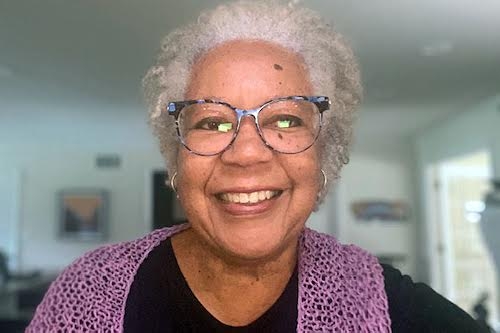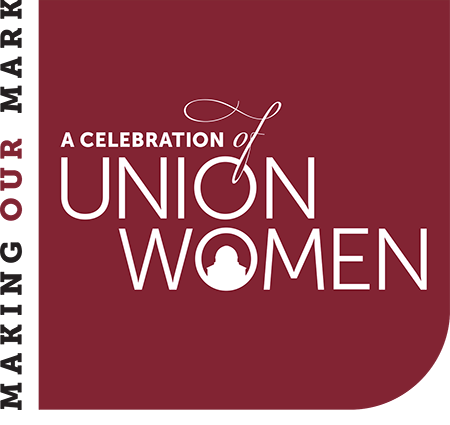Felicia Collins Correia ’74 majored in psychology and minored in Spanish at Union College before earning a master’s in social work from Columbia University in 1979, followed by a master’s in public health (concentrating on maternal and child health), also from Columbia. Now retired, she still does some consulting work in non-profit management. During her career, Felicia worked for the Department of Public Health in Massachusetts and was CEO of two non-profits in Tulsa, Oklahoma – DVIS (Domestic Violence Intervention Services) for 18 years and YWCA Tulsa for 8 years. When she retired in 2014, she started FCC Consultation and Training. Felicia is also active in her community, having served on non-profit boards that include the National Network to End Domestic Violence, Oklahoma Policy Institute and Big Brothers and Sisters. Felicia learned how to knit a couple of years ago and she loves to read, spend time with family and take care of her granddaughter, Eda.
What are the most challenging and rewarding aspects of your career or volunteer activities?
Challenging aspects were always the push and pull of systems. You would make great strides, have a change in leadership with chief of police or district attorney, or mayor, and then get push back on changes made – particularly with domestic violence and sexual assault issues (DVIS merged with the sexual assault agency under my tenure). Positives were the clients and victims we worked with. Saw so much change happen with the women and victims served. That was always the most gratifying.
Who inspired/inspires you, both professionally and personally?
My mom was always a great inspiration. She died while I was at Union, when I was a sophomore. She was a leader in my home community. She formed a group in my hometown (the Mothers Group) and they worked to integrate our schools. I always wanted to think she would be proud of whom I became. I found mentors along the way: board members, supervisors who could help me be better – as a clinician, supervisor, administrator, CEO.
What advice would you offer today’s women students, not just at Union, but across the country?
Make certain whatever you do in life, you truly enjoy. Work takes up so many years of your life, it was always important for me to enjoy it and feel enriched each day. Surround yourself with bright critical thinkers, never feel threatened, and always give credit to those bright people you have brought along.
What was your most formative experience at Union?
It was hard being in the first class of women and more difficult being African American. I had an abnormal psych professor who seemed to try to find a way for each class to humiliate me. I was the only woman in the class and the only student of color. He made my experience truly miserable, but surviving that class was an accomplishment. I had to dig deep and wide to make it but knew it was a milestone in my development.

